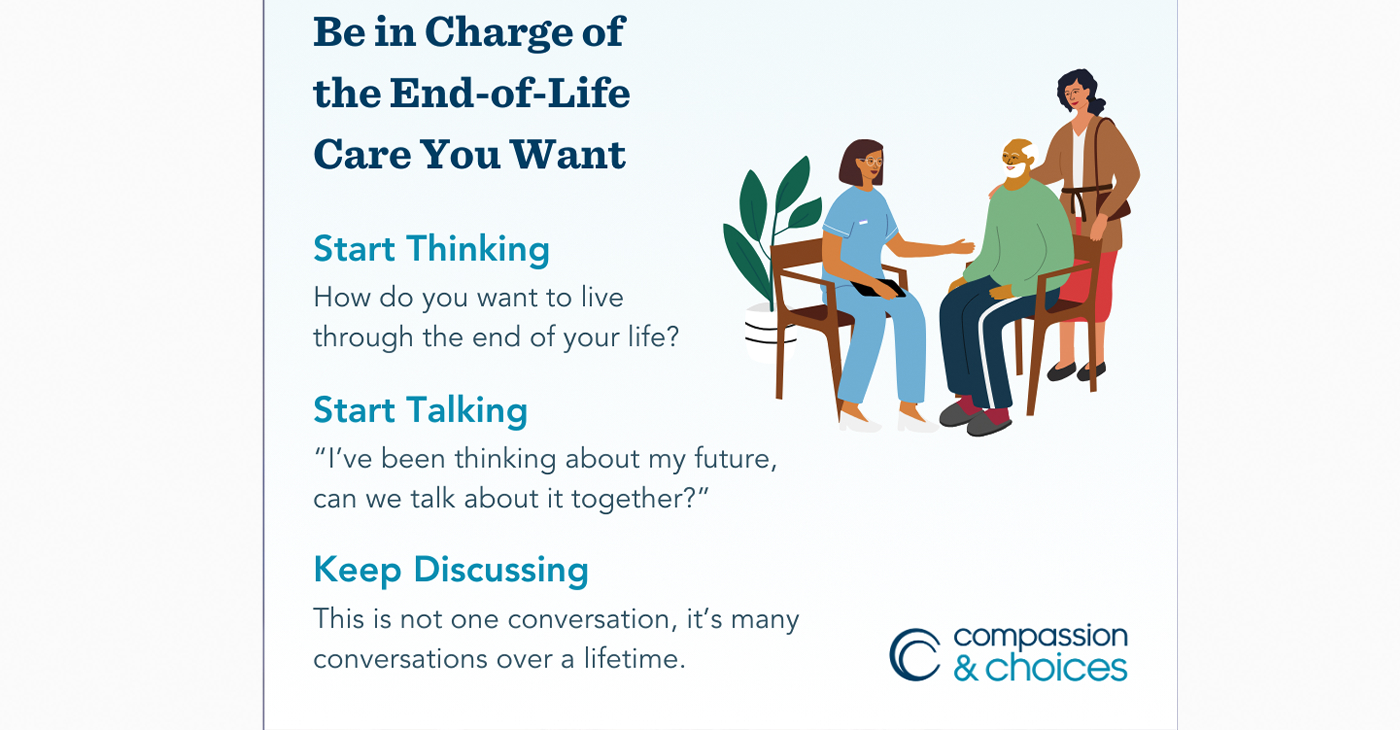By: Ottamissiah “Missy” Moore
I grew up in a multigenerational household in Philadelphia, where storytelling was the centerpiece of our lives. My great-grandfather was born a slave and became the first black undertaker in our area, he was a great historian. My house was filled with wisdom and truth-telling – two things that carry my work forward.
In my 35-year journey in the field of long-term care, with 27 of those years dedicated to hospice, I have had the privilege of working closely with older populations. I love to hear their stories and witness their resilience. As we grapple with an aging population, it’s important that we recognize the significance of long-term care in our country. The reality is that each of us or someone we know will need to navigate the complexities of aging and healthcare sooner or later.
A growing number of individuals find themselves facing the realities of growing old. The decade from 2010 to 2020 saw the largest ever ten year numeric gain in adults 65 and over. With now 1 in 6 people being 65 years or older. For many, this means confronting challenges they may not have anticipated. Long-term care encompasses a broad spectrum of services tailored to meet the diverse needs of older populations. It encompasses personal care services such as assistance with bathing, dressing, grooming, and eating. It also provides essential services like transportation and community meals. Long-term care can include hospice care, an end-of-life option for people with six months or less to live.
The need for long-term care can manifest suddenly following a heart attack or stroke, leaving families and individuals grappling with difficult decisions. It can also be a gradual process as people age, and their care needs evolve over time. Regardless, it is almost certain that you or someone you know will require long-term care services at some point in life. Navigating the maze of healthcare systems, nursing homes, and various options can be overwhelming and stressful.
One of the most significant steps you can take to prepare for this inevitability is to be well-informed about your options and to plan proactively. Your wishes, preferences, and values should be documented in advance. An advance directive is the most valuable tool in ensuring your voice is heard. These legal documents outline your healthcare preferences and ensure that they are respected, even when you cannot voice them yourself.
Creating an advance directive is a responsible and compassionate act that not only empowers you but also eases the burden on your loved ones, who may otherwise be left making agonizing decisions on your behalf without clarity. It ensures that your values and preferences are at the forefront of your care plan, promoting a sense of dignity and autonomy in your care.
As we navigate the complex landscape of aging, long-term care, and hospice, it is essential that we encourage open conversations within families and communities. It’s a topic that requires attention long before it becomes an emergency. By actively engaging in discussions about our own healthcare preferences and by advocating for ourselves and our families in healthcare settings, we can collectively contribute to a more compassionate and respectful approach to aging and end-of-life care.
Ottamissiah “Missy” Moore is a nurse, consultant & community activist based in Washington, DC
The post OP-ED: This Long-Term Care Awareness Month, Consider Your End-of-Life Plan first appeared on BlackPressUSA.

